How leadership failures will lead to growth (if you look for opportunities!)
All great leaders have their own stories of where they've failed - ways they feel they could have done something differently, and these usually come with the beauty of hindsight.
When thinking about my leadership failures, one instantly springs to mind. I was in my first management position and had to directly manage a team, meaning I was responsible for completing annual appraisals, linked to performance-related bonuses.
My manager arranged a meeting with me ahead of the appraisals. One person, I was told, had to be scored as ‘not meeting expectations’ as they hadn’t hit their sales target. I felt uncomfortable, thinking about all the great behaviours they’d demonstrated, whilst knowing it was a fact they hadn’t hit their target.
The meeting was not what I expected. I expected a two-way conversation about how each person had performed, instead I got instruction for scoring. I remember thinking, ‘this must be how it’s done’, and dreading going into that particular conversation.
When I did the appraisal, I knew we both felt uncomfortable. I felt I was delivering someone else’s message and wasn’t being true to my own view. This person had supported me, trained another new employee, constantly kept morale high and desperate to be recognised for those great behaviours. I kept acknowledging, praising and showing gratitude, but going back to the fact they’d not met their sales target, so had to be scored as ‘not meeting expectations’.
I left the meeting room with a horrible feeling in my stomach and kept thinking about it overnight. I found the courage to speak to my manager the next day, explaining:
I wanted to recognise their hard work, change the score, and pay the bonus they deserved.
The importance of great behaviours and how I believed the reward would encourage more in future.
How I understood hitting the sales target was an important part of their role, but after spending so much time away from customers to support the team, it has been almost impossible for them to achieve it.
I held my breath waiting for their response, and was met with “I’m sure I can get that past the next level of approval”. I took that as an absolute win and finally started to breathe again!
I felt just as anxious going into the second conversation, as I did the first. Changing their score was 100% the right thing to do, but I wasn’t sure how to approach the conversation. I stuck to the adage ‘honesty is the best policy’; I explained how I’d been feeling, along with having a candid conversation about what constitutes great performance. I felt better for being true to my values of honesty and fairness, and knew the recognition was so gratefully received.
So why has this stuck with me for so many years? I think it’s down to being such a growth opportunity, early on in my leadership career.
Learnings I’d like to share are:
Always act in line with your personal values and showing vulnerability as a leader is absolutely OK!
Performance is not only about WHAT has been completed, but also about HOW things have been done
Reflect on failures and find opportunities for growth

